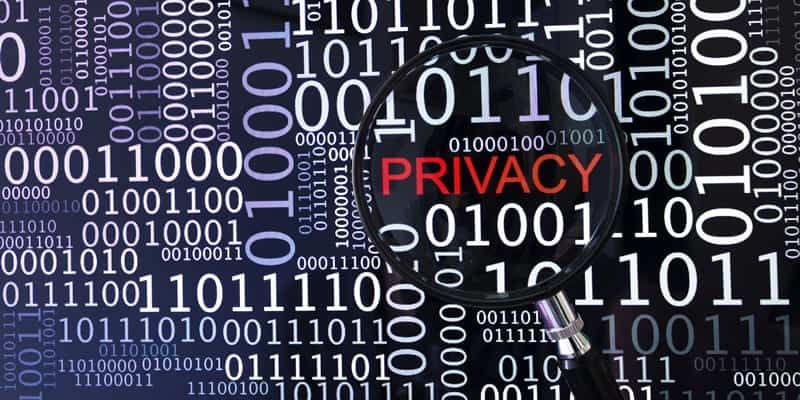Data Privacy Day is celebrated each Jan. 28 by the National Cyber Security Alliance (NCSA), which leads an international effort that focuses on “respecting privacy, safeguarding data, and enabling trust.” Studies of North American consumers show that a large percentage of them are concerned about the privacy of their data; last year, CMIT Solutions cited a Gallup poll that found 37% of the public had lost trust in the companies they regularly do business with, while 30% said they had little to no trust in those companies to keep their information secure.
Such concerns should also be prominent in the minds of small to medium-sized business owners and decision-makers, who have their own crucial data to worry about. Below, we’ve compiled a few privacy tips; some may seem like common sense, while others require a bit more legwork. But all of them have one goal in mind: keeping your data private and secure so that computers, mobile devices, and the vast online world work for you, not against you.
Here Are Five Ways to Protect Yourself and Keep Your Personal Information Safe
1) Remember that what you post can last a lifetime. We live in a world that thrives on oversharing and too much information. But just because everybody else is doing it doesn’t mean you have to jump in, too. Consider how your future self (and those important to you) might perceive what you’re posting in the present.
2) Be wary of any offer that sounds too good to be true. Whether it arrives in an email from a legitimate-sounding address or pops up on your favorite website, remember that all it takes is one click on a malicious link, one accidental opening of an infected attachment, or one piece of personal information shared on the wrong website to compromise the security of your entire company and allow cybercriminals easy access to your data.
3) Strengthen passwords and utilize two-factor authentication. Make sure you regularly change your logins to strong, unique phrases that are at least eight characters long and mix upper and lowercase numbers, letters, and symbols, as these are a necessity for online security. And activate two-factor authentication, which requires a password and an automated security code sent to you via text or email, on any website or service that employs it.
4) Take responsibility for your online presence. Sure, it’s a hassle to manually set the privacy and security settings on the Internet services you frequent and the array of devices you use on a daily basis. But those settings often represent your first line of defense against bad actors looking to steal your data. Click here for the NCSA’s handy guide to a plethora of security settings.
5) Follow the golden rule when posting or sharing online. Remember that when you share a post, photo, or video on social media or anywhere else online, you might also be revealing information about others. Think ahead before you hit Send or OK and employ the golden rule: post only about others as you’d have them post about you.
Your personal and business data is more valuable than money—so why not treat it with the attention and care it deserves?
Since 1996, CMIT Solutions has provided the human intelligence behind information technology.
Contact us today so that we can help you secure your data, defend your network, and build the trust required so that we can worry about IT and you can worry about growing your business.

